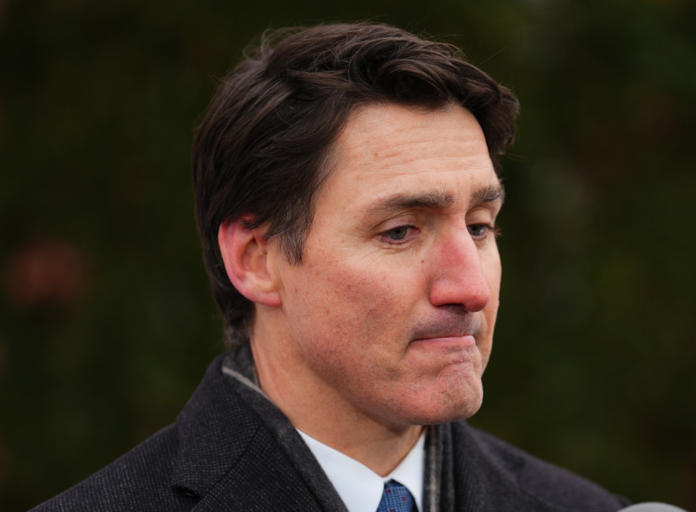
In a move that has sent shockwaves across Canada and the global political landscape, Justin Trudeau announced his resignation as Prime Minister. After nearly a decade in office, Trudeau’s decision marks the end of an era characterized by both transformative leadership and polarizing controversies.
During a press conference in Ottawa, Trudeau cited personal and professional reasons for his departure. He reflected on his tenure, stating, “Leading this country has been the greatest honor of my life. However, I believe it is time for a new vision to guide Canada forward.” Trudeau emphasized the importance of renewal in leadership, signaling his belief in a brighter future for the nation under new stewardship.
Justin Trudeau’s tenure as Prime Minister was marked by a blend of groundbreaking achievements and polarizing controversies. On the international stage, Trudeau earned widespread admiration for championing liberal values, advocating for multilateralism, and addressing global challenges such as climate change. His image remains particularly iconic in the Global South, where his progressive rhetoric and focus on inclusivity positioned him as a beacon of modern leadership.
Domestically, however, Trudeau faced growing unpopularity in recent years. His government was widely criticized for mishandling immigration matters, with backlogs and delays in processing applications creating significant challenges for families and businesses alike. The rising cost of living, persistent housing shortages, and a perceived lack of urgency in addressing economic inequality contributed to mounting frustrations among Canadians.
While his government successfully implemented progressive policies such as the legalization of cannabis, the advancement of LGBTQ+ rights, and ambitious climate initiatives, critics argued that his focus on symbolic gestures often overshadowed substantive action. The SNC-Lavalin scandal, coupled with accusations of ethics violations, further eroded trust in his leadership.
Despite these controversies, Trudeau’s ability to project Canada as a forward-thinking, inclusive nation ensured his enduring appeal on the global stage. However, the growing disconnect between his domestic challenges and international acclaim underscores the complexities of his legacy, which remains both celebrated and contested.
The resignation has triggered a leadership race within the Liberal Party, with prominent figures like Deputy Prime Minister Chrystia Freeland and Finance Minister Mélanie Joly rumored to be strong contenders. Opposition parties, including the Conservatives led by Pierre Poilievre, view this transition as an opportunity to capitalize on voter dissatisfaction and reshape Canada’s political landscape.
Trudeau’s departure raises questions about the direction Canada will take. It is predicted that a potential shift in policy focus as new leadership emerges, while citizens are eager to see how the political void will be filled. Economically, the timing of Trudeau’s resignation comes amid global uncertainty, further emphasizing the importance of stable and decisive leadership.
Social media platforms were inundated with mixed reactions following Trudeau’s announcement. Supporters lauded his progressive vision and leadership, while critics reiterated long-standing grievances. The news has also sparked discussions about the future of Canadian politics and the legacy Trudeau leaves behind.
Justin Trudeau’s resignation signals the end of a significant chapter in Canadian history. As the nation looks ahead, the focus shifts to the leadership race and the evolving political landscape. Regardless of political affiliations, Trudeau’s tenure will remain a defining period in Canada’s journey, shaping its identity on the global stage.
Canada now stands at a crossroads, poised to embrace change and navigate the complexities of a new era. The coming months will determine how the nation capitalizes on this pivotal moment in its history.


